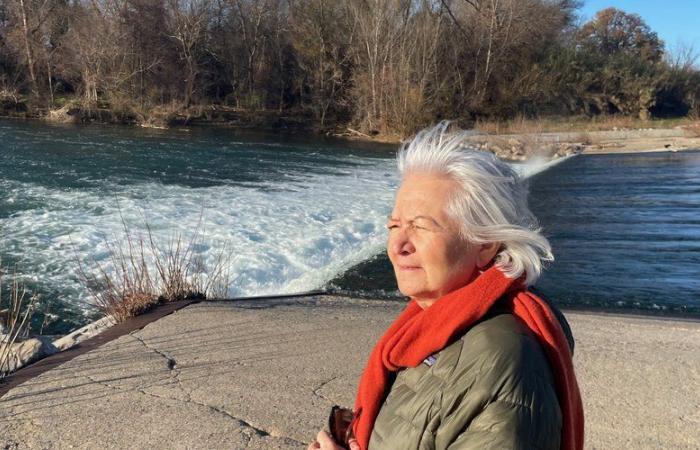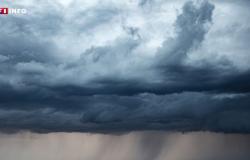
Faced with the deterioration of water quality and the alarming impact of pesticides on biodiversity, Marie Azorin, Hérault representative of the NGO Générations futures, is sounding the alarm. This Cazouline, determined to inform and raise awareness, campaigns for a more sustainable agricultural model and the preservation of natural resources, essential to the survival of humanity.
“What concerns me is the quality of tap water for all the municipalities in our territory”says Marie Azorin. Retired from the civil service for seven years, former health and social affairs inspector, she is today the Hérault representative of the NGO Générations futures, an association created more than twenty years ago.
“Our alerts on water resources and health prevention aspects go hand in hand with the preservation of biodiversity, directly linked to water quality, continues the native of Cazouls-d’Hérault. I see the decline of our biodiversity: the impact of pesticides is obvious.”
“Neither criticize nor oppose, but inform and raise awareness”
The representative of Générations futures is particularly attentive to the Heart of Hérault, “around Lodève, Gignac, Pézenas, on the Salagou and in the Hérault valley. Because the river crystallizes all the problems: the climate crisis and the drought, the floods and the Cévennes episodes, while it is the catchment area of phytosanitary products used in particular in viticulture.”
A sector where Marie Azorin does not only have friends: “I received threats from cooperative cellars and I was attacked during elections…”
However, the whistleblower insists: “We do not want to criticize or oppose, but to inform and raise awareness. It is about protecting the living. We are sentinels of nature. If man does not preserve it, he will be the first victim. Protecting nature environment is to protect ourselves.”
Underestimated contamination of metabolites?
In Bélarga, near Clermont-l'Hérault, at the foot of the old mill on the Font de Pétourle quay, the Cazouline scrutinizes the river's rollers. “Catchments for drinking water contain several metabolites, eternal pollutants whose contamination is underestimated. Générations futures produced an alarming report last October on these molecules which result from the degradation of pesticides after spreading. There are has hundreds – some of which concern products that are currently banned – but without any follow-up, without a precise list, because not all of them have been identified.”
“Solutions exist”
So, where is the exit? “Solutions exist, often supported by environmental associations which need to be supported, slips the representative of Générations futures who also wants to be spokesperson for local associations, in a context of budgetary restrictions… We must move towards a new model of agricultural production. Agroecology works! Already many winegrowers in the region work without synthetic pesticides, with essential oils, practice grassing, on old grape varieties, returning to ancestral practices. The wines produced are healthy and of quality. Productivity is ensured and biodiversity preserved.”
Marie Azorin insists: “Who is indifferent to a strangely silent wine estate, to a drying lake, to a Natura 2000 area replaced by concrete? Man needs the beauty of nature.”
PCa
Recent and upcoming publications
The end of 2024 saw the publication of several reference documents.
THE general inspections of the three ministries of Agriculture, Health and Ecological Transition produced a joint 600-page report, unveiled by the online media Context. The study points to “the general deterioration of the quality of drinking water, due to widespread contamination by pesticides and their degradation products (or “metabolites”)”. According to the report, “a minimum of 10 million French people are affected”.
At the same time, the report Nexus de l'IPBESan intergovernmental scientific and policy platform on biodiversity and ecosystem services, presents the work of 165 experts which, after three years of study, highlights the interconnection of the five global crises: biodiversity, water, food, health and climate change .
Finally, Générations futures has just revealed a map of pesticide purchases by French departments. Hérault remains in the upper bracket. A more detailed version, by municipality, will be announced in January.





